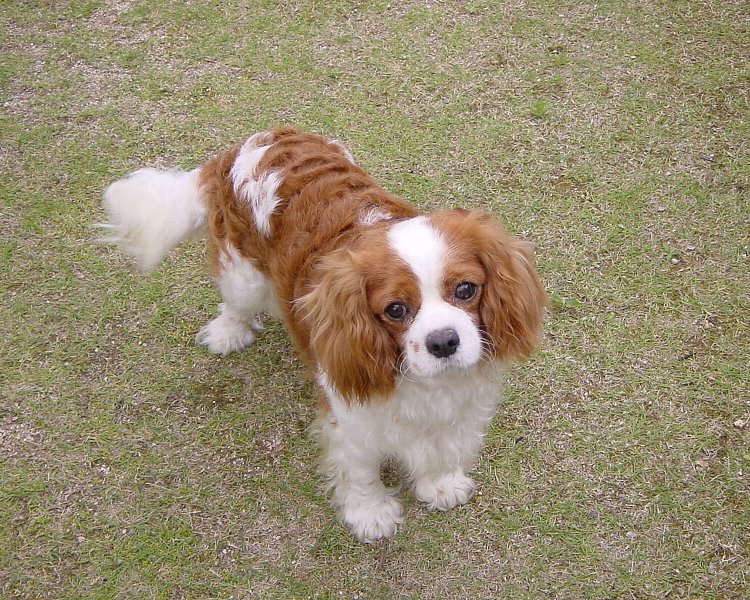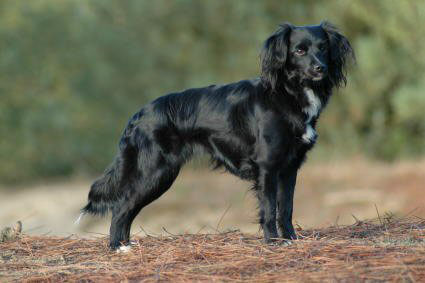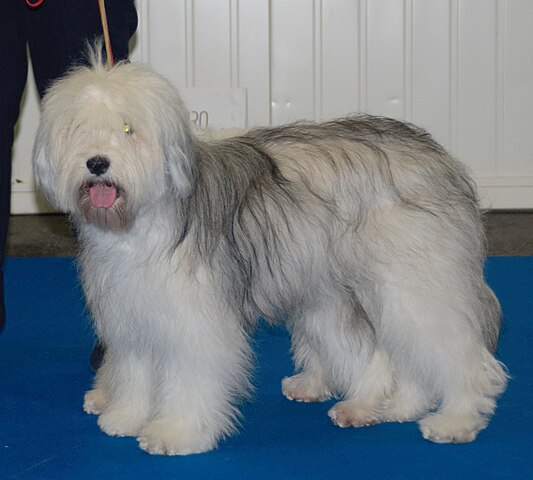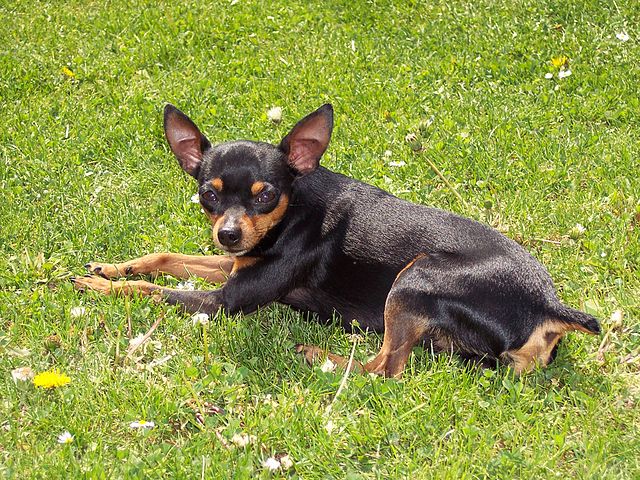The Cavalier King Charles Spaniel is a delightful little dog bred strictly for companionship. Playful and affectionate, they are devoted to their owners and always willing to sit on a lap! They love people of all ages (gentle with everyone from children to senior citizens), and are even outgoing towards strangers. Cavaliers are also friendly to pets, including other dogs and cats. As one might expect from such a social dog, this is not the breed to buy and then keep outside or in a kennel all day. They need companionship in order to be happy and thrive.
The Cavalier is able to adapt well to apartment living, which is one of the many reasons he is a great breed for a first-time dog owner! The biggest down-side is usually the amount of time that he requires someone to be home with him. A student who only takes a couple of classes a day would be a great match! A full-time student also working a part-time job would be a terrible match unless there was someone else there to spend time with him.
Cavaliers are intelligent little beings but do require a fair set of rules to be laid out for them. Like most breeds, they need structure and training in order to fulfill their potential. Luckily the Cavalier takes very well to obedience training. Many even compete in dog events around the world, earning high scores as they go! Just remember that obedience training and behavior modification are two different things (although they share some big similarities). A few habits that you may need to be extra vigilant about modifying… this toy spaniel likes to bark, can be prone to chewing as a puppy, and may take a little longer with housebreaking. It is important to note that this breed can be sensitive and doesn’t do well with harsh treatment. If your Cavalier loves to chew, the long-lasting Benebone is built to handle even the toughest jaws – https://amzn.to/410F5TG
Don’t let their love of sitting on the couch fool you, Cavalier King Charles Spaniels do require regular exercise! These are active dogs that need to stretch their legs with a daily walk, or with a good romp in a medium-sized yard. Preferably, the yard should be fenced and/or they should be kept on a leash – their spaniel heritage gives them a love for chasing things that move. This exercise is not only important to channel their energy, but also to keep their hearts in good working order (just like people). This breed works out well for couples where one person wants a lap-dog but the other wants a dog that can go out and do activities – the best of both worlds! 
Cavalier King Charles Spaniels make great traveling companions. Not only does their small size enable them to fit in the car more easily, but their friendly and amiable personality makes them welcome at any dog-friendly establishment! Plus, they are happiest when with their owner anyway, so even a small trip is a welcome adventure for a Cavalier (for a dog that thinks nothing of following you into the bathroom, he is all-the-more elated to follow you to the campgrounds). Wherever he goes, strangers will be enticed to give him treats so make sure to limit the amount of extra calories he gets – Cavaliers do have a tendency to put on weight.
The Cavalier’s coat requires a moderate amount of care, and they do shed. The coat is easiest to groom when a routine is established and the dog is brushed once or twice a week. This will keep any big knots from forming, as small tangles can be worked out easily with a comb. The ears have some of the longest hair and therefore need the most brushing, especially during shedding season. The dog should be bathed anywhere from every 2 weeks to every 2 months, depending on how clean the owner prefers the coat. Like any dog, the nails need to be clipped back regularly but otherwise there is no special trimming or clipping that he requires.
As with any breed, the Cavalier does have some health problems that show up somewhat regularly. These include a couple of eye issues (cataracts and retina problems), heart disease (mitral valve disease) and slipping patellas to name a few. There are health tests that reputable breeders will do to minimize the risk, so always buy from a breeder who puts forth this effort.
Cavalier King Charles Spaniels were bred down from sporting spaniels in order to make lap-sized pets, but many do still retain a hunting drive, albeit much reduced. Chasing birds can be a favorite activity, which can either be amusing or frustrating for their owner depending on the living situation. Some owners who also possess birds find it difficult for both their pets to cohabitate. Keeping the bird in a cage while the Cavalier is roaming the house may be required for high-drive dogs. Also related to their hunting ancestry, many Cavaliers have natural retrieval instincts! While it is unlikely that this toy breed will make an actual hunting dog, it is nice to understand why he does the things he does.
Affiliate Disclaimer
As an Amazon Associate, I earn from qualifying purchases. This means that if you click on an affiliate link on this site and make a purchase, I may earn a small commission at no additional cost to you. Rest assured that I only link to products I have used, or use on a regular basis, and trust enough to recommend them to you!



